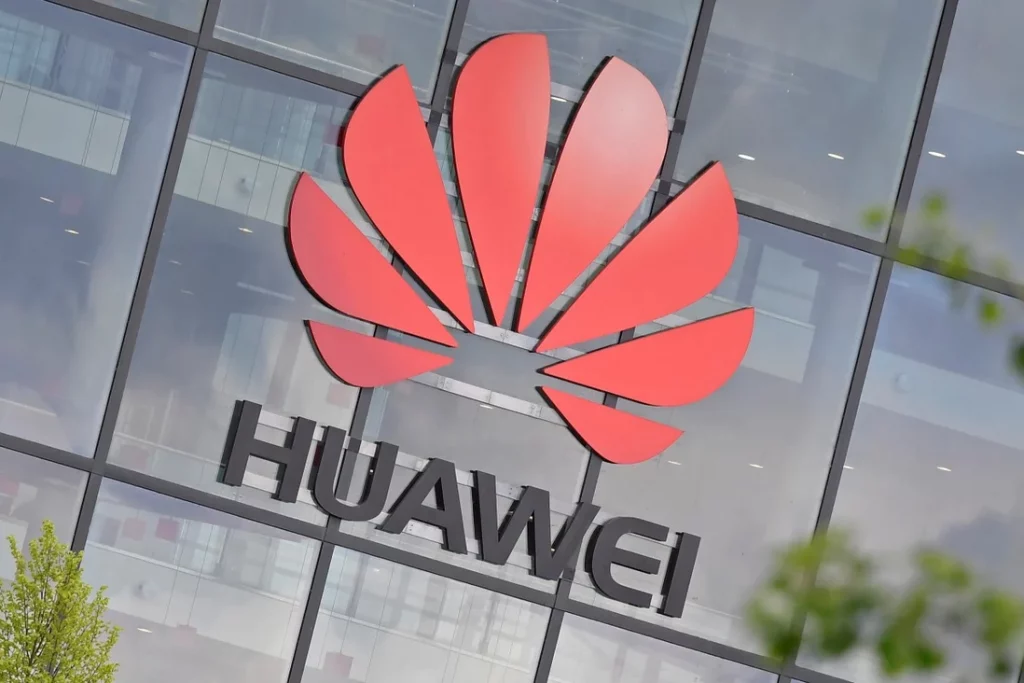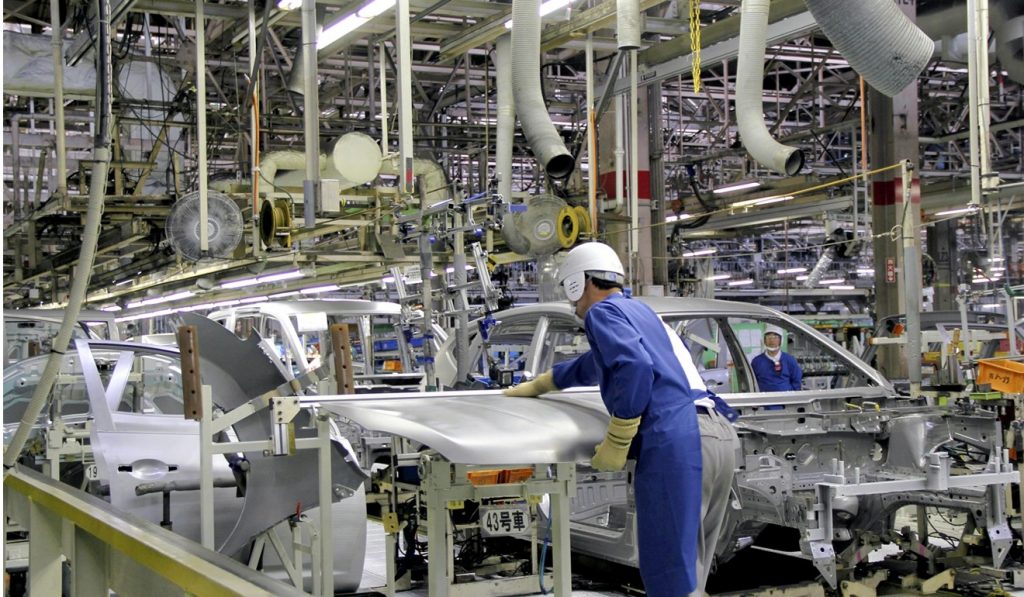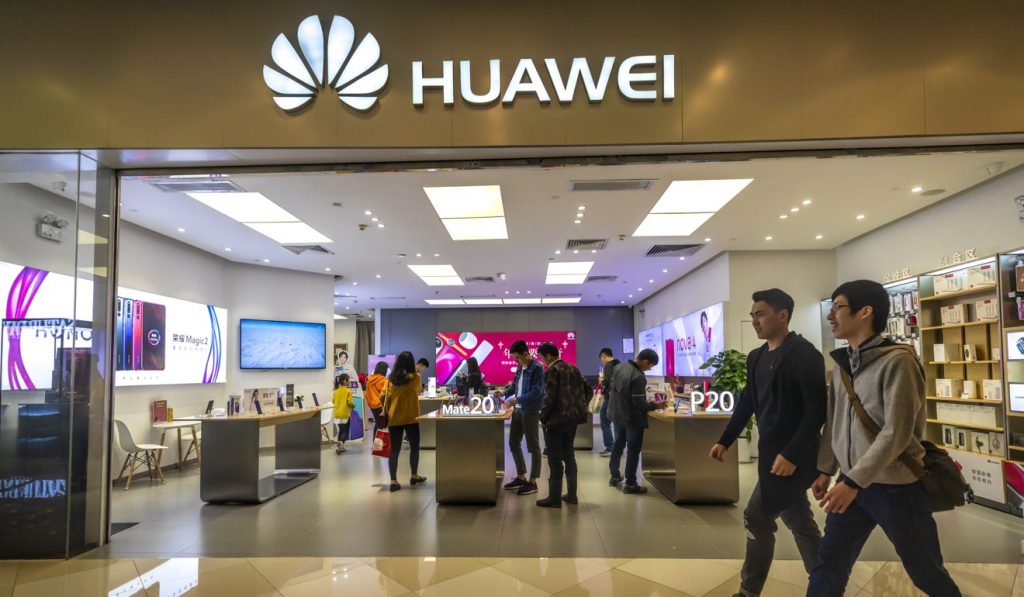Consider that in the years leading up to the end of the cold war, opinion polls in the US revealed that more Americans feared the economy of Japan – their ally – than the Soviet Union. Politicians of both parties regularly set aside their differences and joined together in hate against Japan.
Walter Mondale, Jimmy Carter’s vice-president who ran against Ronald Reagan in the 1984 election, took some swings at Japan that were just as good as Reagan’s. Interestingly, Mondale used very Trumpian lines about Japan stealing the jobs of good middle-class Americans. Bill Clinton later made Mondale the US ambassador to Japan.
In 1985, two years before the submarine propeller fracas, an agreement called the Plaza Accord was signed. Japan – an evil currency manipulator! – had come under enormous pressure from the West and was forced to boost the value of its currency against the US dollar. It seemed Japan’s foes weren’t so much upset about currency manipulation per se, but rather the direction of the manipulation, and this revaluation would solve a huge trade imbalance.
It was heresy to bring up the fact that Japan’s automotive and electronics manufacturers had out-engineered and out-designed Americans and reached levels of quality control that the US industry could only dream of. No, it was the cheap yen causing all the problems. (That boombox was very well-made.) The same is happening now to Huawei as its products become superior. The irony is that the Japanese are now on the side of the Americans.
By no small coincidence, Japan’s decline began just around the time of the Plaza Accord. By the 1990s, Japan was well into its “lost decade”. The 2000s and the 2010s haven’t been much better. But fear not: Japan’s ebbing has corresponded with China’s rise so there’s an even better “other” to blame problems on. They’re not American allies, and dang it if they ain’t commies too. What a perfect storm. Where’s my sledgehammer?
Remember the Plaza Accord amid the current trade talks under way between China and the US. Remember Toshiba when Huawei is accused of being a security risk, even though in the more genteel 1980s, the two sides did not take hostages.




























